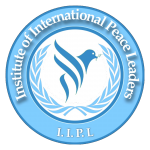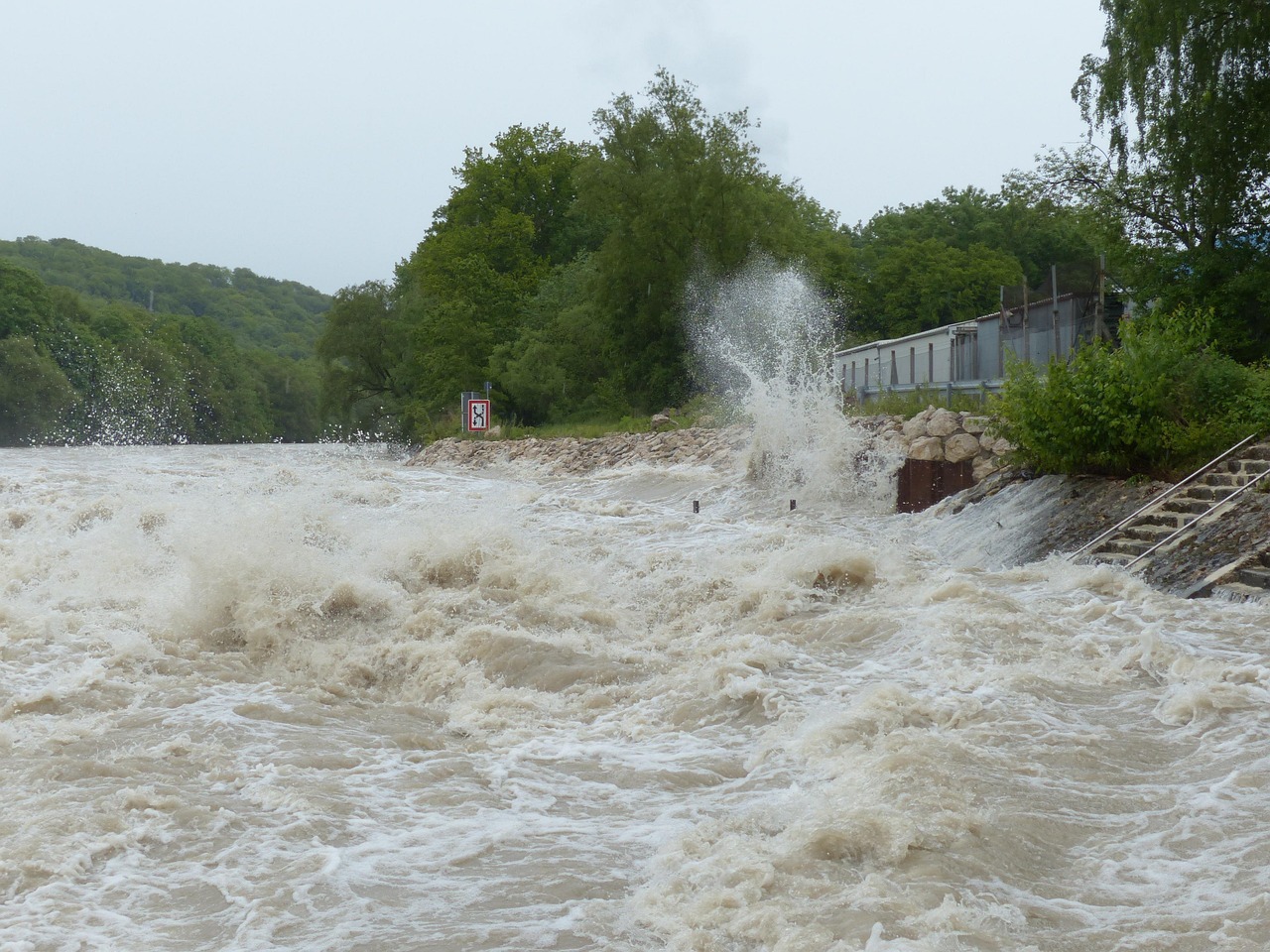By Laraib Javaid
Lecturer in Sociology, University of Sargodha
Director of Internships, International Institute of Peace Leaders
“The floods didn’t just destroy our homes—they drowned our futures.”
— A flood survivor in Dera Ghazi Khan, July 2025
Pakistan stands on the frontlines of the global climate crisis. Each year, climate-related disasters grow more severe, frequent, and unpredictable. Among these, monsoon flooding has emerged as one of the most devastating threats.
The catastrophic floods of 2022 were among the worst in Pakistan’s history yet in 2025, history repeats itself. Millions in southern Punjab, Sindh and Balochistan are once again displaced, destitute, and desperate. As a sociologist, I argue that these floods are not merely natural disasters; they are amplified by systemic failures poor governance, weak infrastructure and entrenched social inequalities.
 Monsoon Flooding: From Seasonal Challenge to Annual Catastrophe
Monsoon Flooding: From Seasonal Challenge to Annual Catastrophe
Pakistan’s monsoon season has always been complex, but climate change has rendered it erratic and deadly. Sudden cloudbursts, prolonged heavy rains, and unprecedented flooding now strike regions once considered safe.
In 2025, extreme rainfall has again overwhelmed riverbanks, breached embankments, and submerged entire villages. Communities still recovering from 2022’s devastation now face another cycle of loss. What was once a seasonal challenge has become a recurring nightmare, eroding resilience and trapping millions in perpetual vulnerability.
 A Social Disaster: The Unequal Burden of Suffering
A Social Disaster: The Unequal Burden of Suffering
Floods do not impact all equally. The poorest landless laborers, marginalized communities, and those in unplanned settlements bear the brunt. Many receive no early warnings, no evacuation support, and no timely aid.
Women, children, the elderly, and persons with disabilities face compounded risks. Crowded shelters lack safety, leading to rising reports of gender-based violence. Children miss months of schooling, while the elderly struggle with neglected health needs. The damage extends beyond infrastructure it deepens pre-existing social fractures.
 The Rural Poor: Debt, Displacement, and Despair
The Rural Poor: Debt, Displacement, and Despair
Small farmers and rural workers are hit hardest. Floods wipe out crops, drown livestock, and destroy seeds. Without land titles, many are denied government compensation.
Trapped in debt, thousands migrate to urban slums, only to face unemployment and squalor. With each flood, poverty tightens its grip, leaving no escape.
 Collapsing Systems: Health, Education, and Social Fabric
Collapsing Systems: Health, Education, and Social Fabric
Floods don’t just erase homes they cripple schools, clinics, and communities.
- Health crises surge: Overwhelmed hospitals battle cholera, malaria, and dengue. Clean water vanishes; preventable diseases spread unchecked.
- Education collapses: Schools become shelters or rubble. Many children especially girls drop out permanently, crippling future progress.
- Social bonds fracture: Displacement erodes community ties, traditions, and mental well-being. Trauma festers, unaddressed.
 Governance Failures: From Natural Hazard to Human-Made Crisis
Governance Failures: From Natural Hazard to Human-Made Crisis
Much of this suffering is preventable. Pakistan lacks robust early warning systems, flood-resistant infrastructure, and efficient local responses. Dams and canals remain poorly maintained, while illegal construction on floodplains worsens risks.
Corruption and mismanagement further betray victims delayed aid, inequitable distribution, and empty promises. Disaster policies remain reactive, not proactive. Plans exist on paper but execution fails.
 Climate Justice: Beyond Aid, Toward Equity
Climate Justice: Beyond Aid, Toward Equity
Pakistan contributes less than 1% of global emissions yet ranks among the top 10 most climate-vulnerable nations. This injustice demands more than aid—it requires:
- Global accountability: Debt relief, fair climate financing, and green technology access.
- Local reforms: Inclusive policies, transparent governance, and community-driven resilience.
The voices of flood victims must shape climate action. Without justice, recovery is impossible.
 Sociological Solutions: Building Resilience from the Ground Up
Sociological Solutions: Building Resilience from the Ground Up
Technical fixes alone won’t suffice. We need social transformation:
- Community-led adaptation: Train women and youth in disaster response.
- Climate-smart agriculture: Support farmers with resilient crops and flood insurance.
- Systemic investment: Strengthen public health, education, and social safety nets.
Collaboration—between government, civil society, and global partners—must center on people, not politics.
 Conclusion: The Future is Social
Conclusion: The Future is Social
Climate change isn’t just about melting glaciers it’s about broken societies. The 2025 floods are a dire warning: unless we address the social roots of disaster, cycles of suffering will continue.
We need more than dams and donations. We need justice, equity, and trust.
“We cannot stop the rain, but we can change who it drowns.”
 About the Author
About the Author
Laraib Javaid is a Lecturer in Sociology at the University of Sargodha and Director of Internships at the International Institute of Peace Leaders. Her research focuses on climate justice, rural sociology and social resilience.



